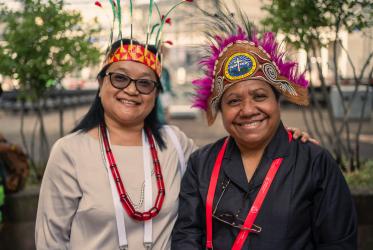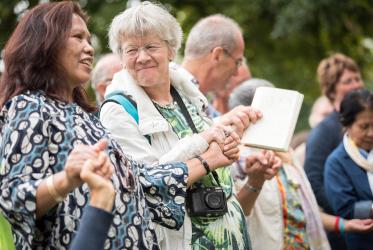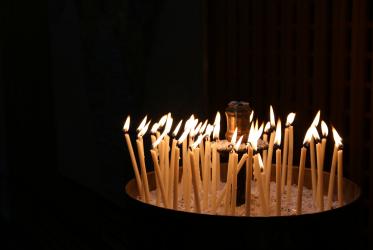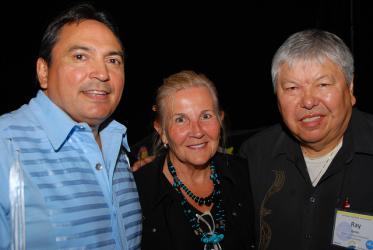Displaying 1 - 20 of 34
Indigenous youth want their voices heard
08 March 2018
Indigenous spirituality: can it transform injustice into justice?
01 September 2016
New UN document opens door for churches to do more for indigenous rights
23 September 2014
“Churches will have to move”
05 July 2014
"Transformative spirituality is a breath of fire"
23 March 2012












